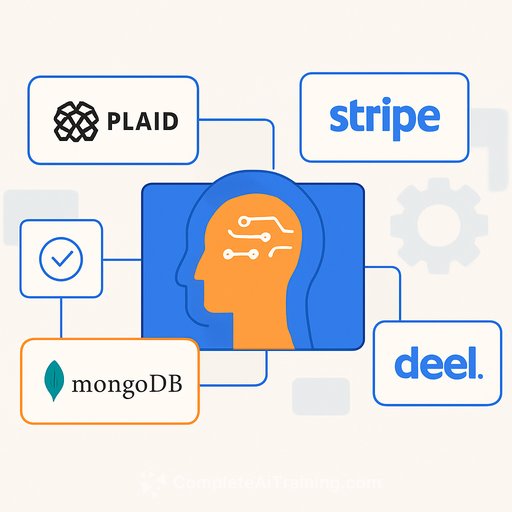The Rise of Marketing Planning Software in 2025
Marketing planning software has become essential for strategists managing complex campaigns. These platforms extend beyond simple scheduling, offering tools for goal-setting, resource allocation, and real-time performance tracking. As 2025 progresses, adoption surges as teams seek agile ways to respond to shifting market conditions.
At its core, this software simplifies strategy creation by allowing teams to visualize timelines, assign tasks, and monitor progress through easy-to-use dashboards. Features like Gantt charts and collaborative workspaces help break down silos, aligning cross-functional teams effectively. This is especially crucial in today’s environment where remote work remains common and decisions rely heavily on data.
AI-Driven Personalization Takes Center Stage
Artificial intelligence is now a staple in marketing planning tools, embedding predictive analytics that forecast campaign results and automate repetitive tasks. AI personalization focuses on hyper-targeted content delivery, learning from user interactions to continuously refine strategies. This approach boosts engagement and improves ROI by reducing spend on low-performing channels.
Integration of AI with CRM systems creates smooth workflows, allowing smaller teams to compete with larger agencies. Some AI prompts can generate full marketing strategies within minutes, disrupting traditional planning methods and democratizing access to high-level strategic work.
Top Tools Redefining Efficiency
Several marketing planning platforms stand out for their feature sets. Tools like Asana and Monday.com offer customizable templates suitable for content calendars, event planning, and more. StoryChief combines project management with data insights, enabling teams to collaborate on content while tracking engagement metrics.
Platforms such as HubSpot and ClickUp support scalability, from startups to large enterprises. They often include budgeting features and integrate with analytics software, enabling quick pivots based on live data. Monday.com and Notion also streamline campaign execution with automated reminders and visual boards that encourage creativity without losing structure.
Emerging Trends and Market Growth
Sustainability and authenticity are becoming priorities in marketing strategies, with software adapting to track community-driven content and micro-influencer impact. The marketing analytics software market is projected to reach $16.77 billion by 2032, fueled by demand for actionable data insights.
Challenges like data privacy are pressing, but innovations such as blockchain for secure data handling are emerging. Combined platforms—like HubSpot with Salesforce—are becoming standard for automated and personalized campaigns, showing a future where planning software anticipates market shifts rather than just organizing tasks.
Strategic Implementation for Maximum Impact
Choosing the right marketing planning tool requires evaluating integration capabilities and ease of adoption. Software that supports omnichannel strategies ensures consistent messaging across email, social media, and web platforms. Brands using these solutions report up to 30% improvements in campaign efficiency.
As 2025 continues, marketing planning software is key for building resilient strategies. Leveraging AI, fostering collaboration, and adapting to new trends gives marketing teams the confidence to execute ambitious plans and measure success effectively.
Your membership also unlocks:






